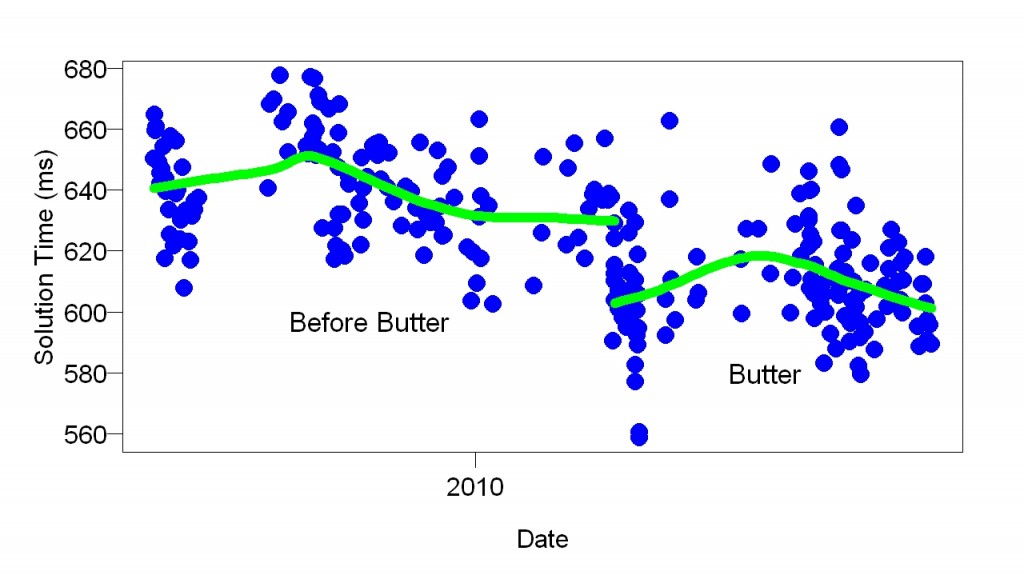An excellent essay by Jonah Lehrer (Alternate link) describes a pair of studies I didn’t know about:
In a recent study led by Richard Petty, a psychologist at Ohio State, undergraduates role-played a scenario between a boss and an underling. Then the students were exposed to a fake advertisement for a mobile phone. Some of the ads featured strong arguments for buying the phone, such as its long-lasting battery, while other ads featured weak or nonsensical arguments. Interestingly, students that pretended to be the boss were far less sensitive to the quality of the argument. It’s as if it didn’t even matter what the ad said — their minds had already been made up.
. . . Instead of analyzing the strength of the argument, those with authority focus on whether or not the argument confirms what they already believe. If it doesn’t, then the facts are conveniently ignored.
Deborah Gruenfeld, a psychologist at the Stanford Business School, demonstrated a similar principle by analyzing more than 1,000 decisions handed down by the United States Supreme Court between 1953 and 1993. She found that, as justices gained power on the court, or became part of a majority coalition, their written opinions tended to become less complex and nuanced. They considered fewer perspectives and possible outcomes.
Scary. Thomas Paine wrote about this: “The state of a king shuts him from the world, yet the business of a king requires him to know it thoroughly.”
